Principles of Engagement: Tax Administrations and Researchers
In the past, academic researchers and tax practitioners have not often collaborated closely on research projects in Africa. Practitioners have felt that academics were only interested in accessing their data so that they could write papers that were often too abstract or theoretical to be useful for the revenue administration, while researchers perceived practitioners as having little interest in rigorous research or as unwilling to share the large amounts of administrative data they hold.
However, there is great potential benefit from closer cooperation between tax administrators and researchers. The ICTD’s experience of conducting research in partnership with African revenue authorities has demonstrated that collaboration can provide deeper academic understanding of tax administration issues as well as enable the production of more policy-relevant knowledge. Based on these experiences, the ICTD and the Uganda Revenue Authority developed a set of principles to be followed, which have since been adopted by the African Tax Administration Forum and endorsed by UNU-WIDER.
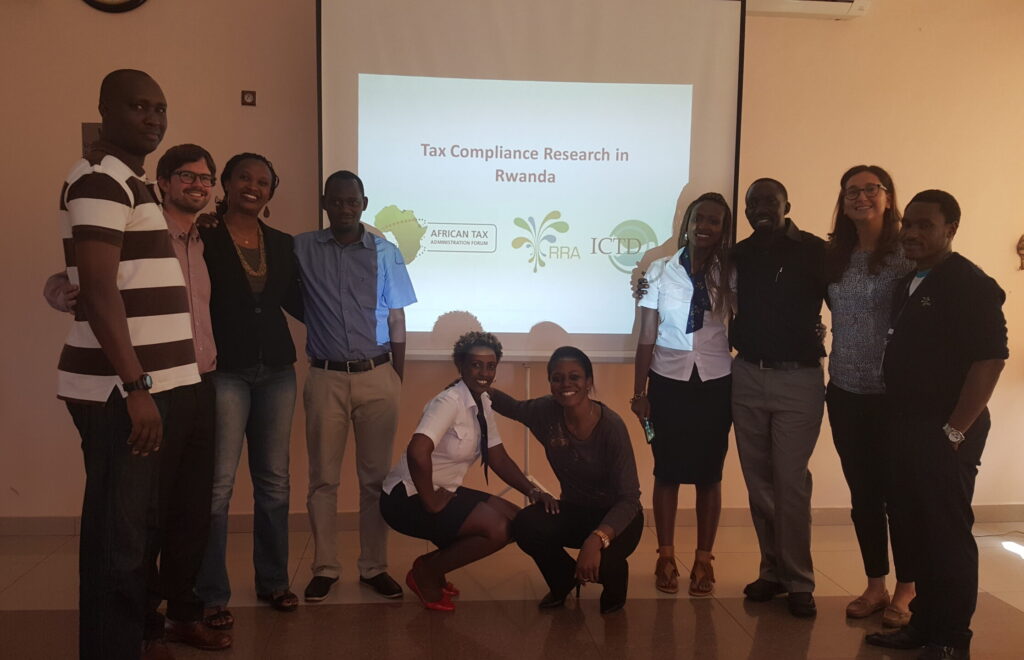
1. Memorandum of Understanding
a) The two parties will to some extent have different interests, different objectives, different ways of working, and different expectations. To minimise the likelihood of significant misunderstandings, it is advisable that the parties a) sign a memorandum of understanding before commencing the research and b) commit to resolving any differences openly and in a spirit of cooperation.
b) Engaging with external researchers might require tax administrations to invest substantial staff resources, including in preparing data and in adhering to a schedule of research activities. These requirements might conflict with the normal business activities of the tax administration. Precise timing can be very important in research, especially if engaging in ‘tax experiments’. Failure to meet obligations will often invalidate research plans. It is therefore important that (a) there is clarity in advance about the obligations of the staff of the tax administration for the research and (b) the responsible officials in the tax administration ensure that those obligations are met.
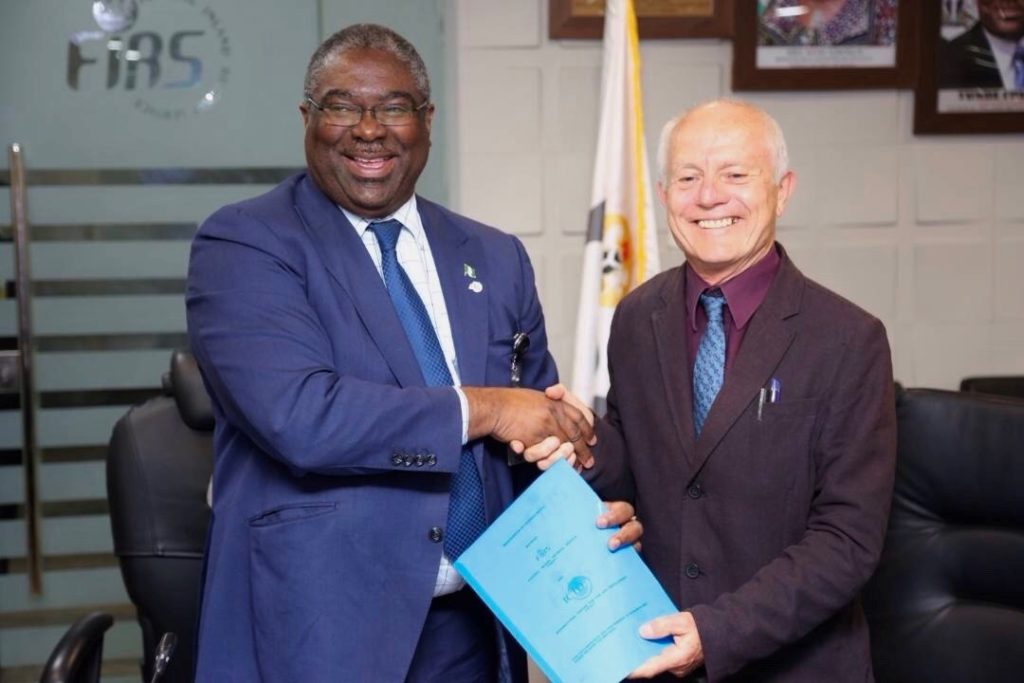
2. Data Protection
Ensuring the confidentiality of taxpayer data is a primary obligation for both parties. This has a number of dimensions:
a) All data obtained directly from the administrative records of tax administrations should be anonymised before it is made available to researchers.
b) This data remains the property of the tax administration. If other researchers wish to make use of it, they should have access only through the tax authority, with written permission. Researchers should not – and should not be expected or asked to – share the data with other researchers without the tax administration’s consent.
c) If researchers collect data directly from other sources, including from taxpayers themselves, in the course of joint research with tax authorities, the principles for ownership of that data should be negotiated on a case by case basis.
d) Tax administrations have a general obligation to make publicly available macro data on revenue collection and performance. As far as possible, this should be accurate, detailed and up-to-date, and therefore potentially useful for research purposes. Tax authorities should explain publicly the categories and procedures they use to collect and present revenue data, and warn of possible errors or sources of misunderstanding.
3. Working Collaboratively
The ICTD strongly encourages co-production of research. Research is also more likely to be taken up more enthusiastically within tax administrations, and impact on policy, if it is undertaken on the initiative of tax administration staff and/or they are closely involved in research design and implementation. This implies, among other things:
a) The use of simple, non-technical language in discussing, designing and reporting back on research.
b) Tax administrations should assign staff to be responsible for engagement with external researchers, for doing research, and for liaising between researchers and other tax administration personnel. The staff deputed for these tasks need to be allocated sufficient time and other necessary resources.
c) The tax administration personnel selected to participate in research should be appropriately qualified, experienced and motivated. If the researchers can make a convincing case that any deputed personnel are unsuitable, management should replace them with someone more suitable.
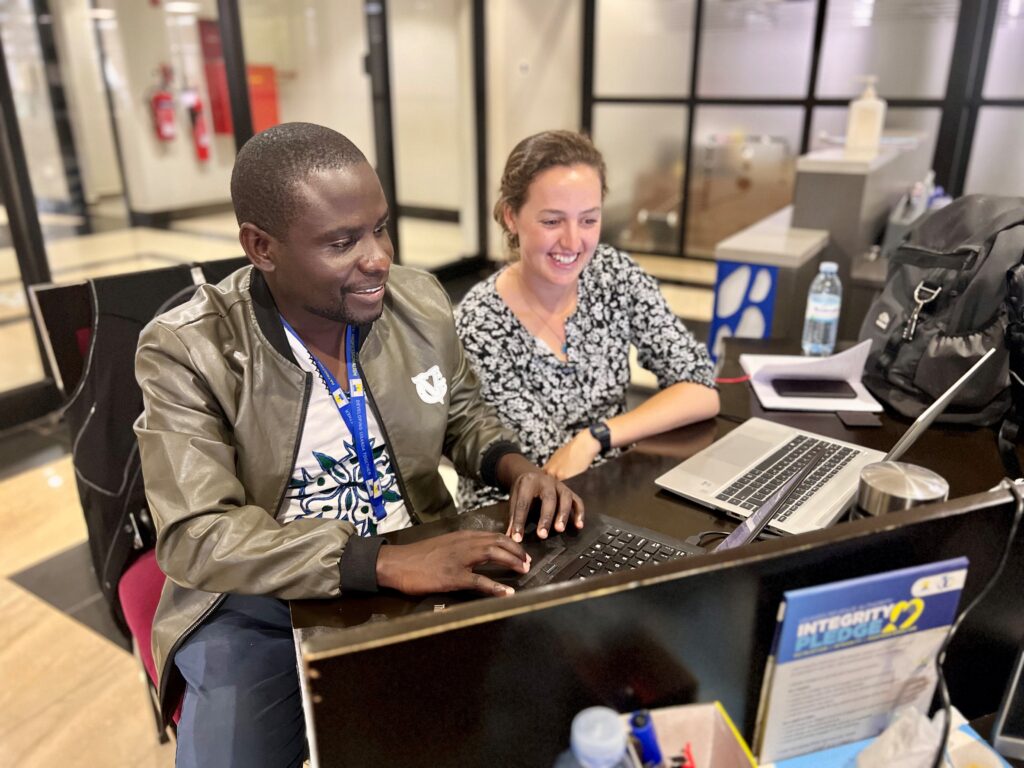
4. Capacity Building
Researchers should expect to reciprocate by contributing to building the capacity of staff of the tax administration. Capacity building could take many forms, including: practical training in how to design and conduct research projects; training in statistical or other forms of data analysis; and practical experience in helping to summarise and disseminate research results, especially to policymaking audiences. Practitioners should not only be responsible for providing data but rather should participate in all stages of the research.
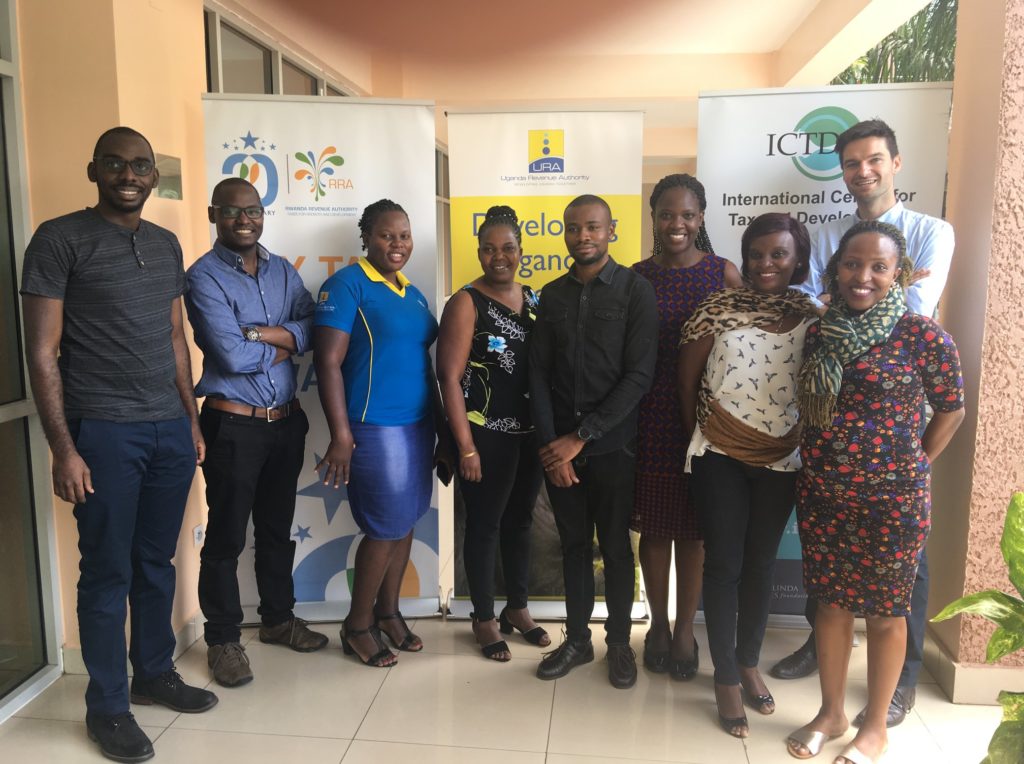
5. Monitoring and Reporting
Researchers, and perhaps also their funders, need to be able to track the results of their work. Tax administration staff attached to research projects should be responsible for reporting on policy uptake and on the results of that policy uptake after the completion of the research. The details may be negotiated on a case-by-case basis.
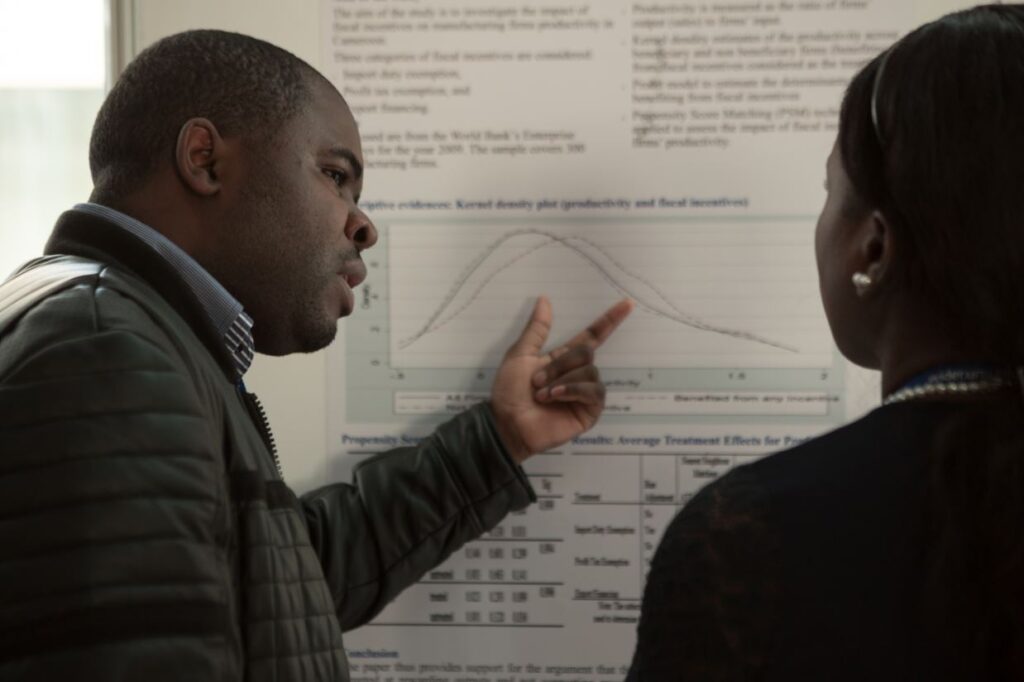
6. Intellectual Property
a) The administrative data and background materials (reports and documents collected during the collaborative research project) used in any collaboration should remain the property of the tax administration. Generally, the tax administration should retain property of any materials produced entirely by the tax administration or by its staff.
b) Researchers, identified as authors of the relevant outputs, should remain owners of their intellectual property, including the reports and papers prepared as a result of their work.
c) The tax administration should be granted a worldwide, non-exclusive, irrevocable and royalty free licence to use all the materials and the intellectual property rights therein, including the reproduction and sale of the materials and the products incorporating the same for use by any person or for sale or other dealing anywhere in the world.
d) In the event the tax administration under takes publication or distribution of the materials, directly or through third party, it will duly acknowledge the authors of any specific output such as research papers or reports.
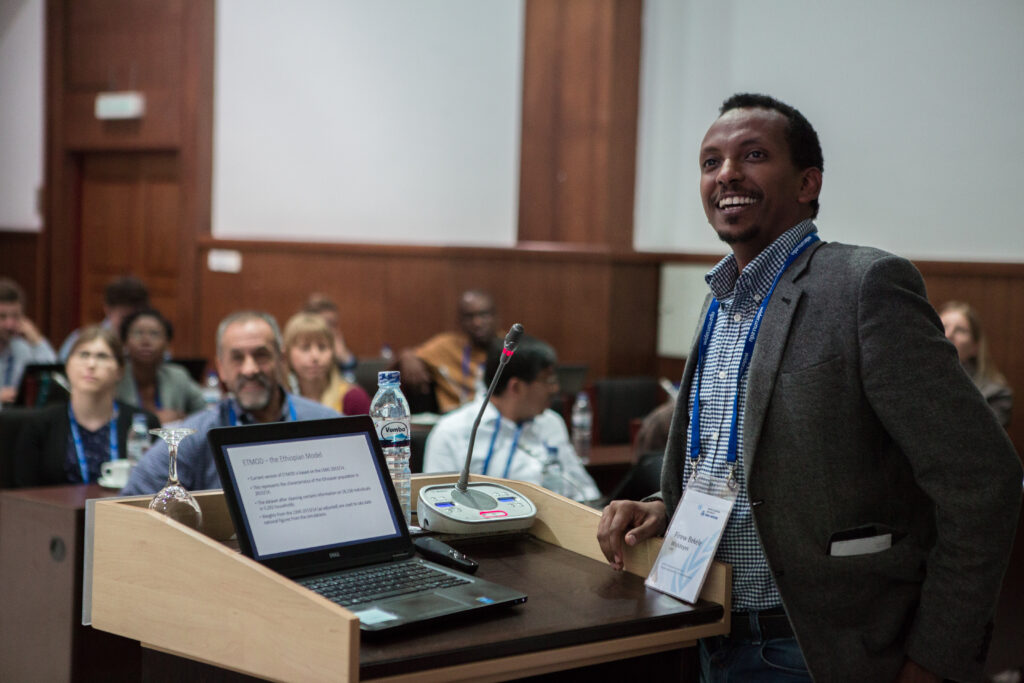
7. Co-authorship
Tax administration staff engaged in conducting the research should receive recognition in any publication emerging from the collaboration. The broad principle, especially relevant to academic publications, is that all work associated with a research project, including work on collecting and preparing data, should be recognised in the form of authorship or a clear acknowledgement in the output. For the purposes of determining authorship of papers, implementation of research projects, for example through managing complex data collection processes or coordinating the implementation of complex interventions, should be recognised as being as important as project design, data analysis and writing. Authors should be involved in all parts of the research, including the design, implementation, analysis, and drafting of the outputs. Staff involved in a specific component of the research, for example granting data access or other specific support activities, will receive a clear acknowledgement in the outputs. This builds up motivation to be engaged in all stages of the research!
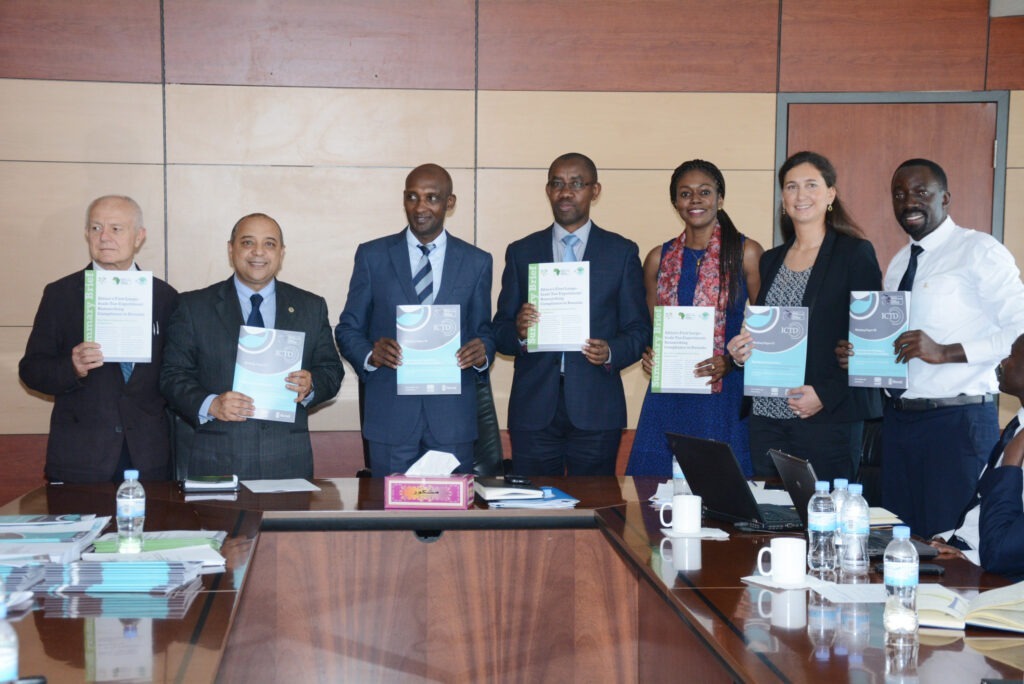
8. Publication and Dissemination
a) Researchers will normally write up the results of research for academic publication. They should in addition commit to writing and disseminating the conclusions for other, non-academic audiences. The same piece of research might be summarised and disseminated in several different ways. At a minimum, researchers should produce a short summary of the policy implications of each piece of research that is (1) accessible to the staff of the tax administration they have worked with and to the corresponding Ministry of Finance and (2) produced in the appropriate national/official languages. Such summaries should contain appropriate warnings about the possible limitations of the research and of the policy recommendations.
b) The researcher may publish the statistics derived from the data provided that they are de-identified in aggregate form. The researcher shall agree not to disclose any data to any person or entity other than to his/her officers, directors, agents, representatives or advisors who need to review the data to further the objectives of the study.
c) Any publications of either the reports or statistics shall include a disclaimer that the views presented are the authors’ own and do not necessarily represent the views of the tax administration.
d) The tax administration may request an embargo period before a study based on the tax administration data can be published, for example when a study relates to an upcoming reform or policy change and may contain sensitive information that should not be disclosed before a policy decision has been made. A standard embargo period will not exceed 6 months. Longer periods may be negotiated with researchers on a case by case basis.
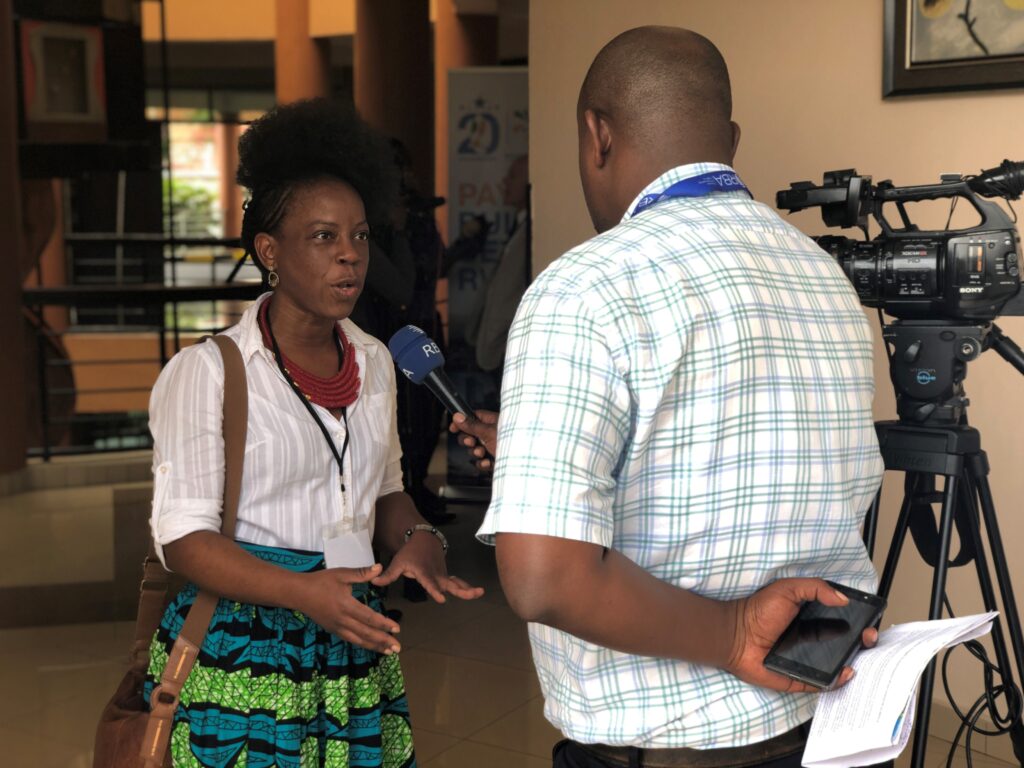
9. Monitoring Compliance
The head of the research department in the tax administration and the researcher will jointly be responsible for monitoring compliance with the above principles and to ensure that there is efficiency and effectiveness in the coordination and exchange of information between the two parties.